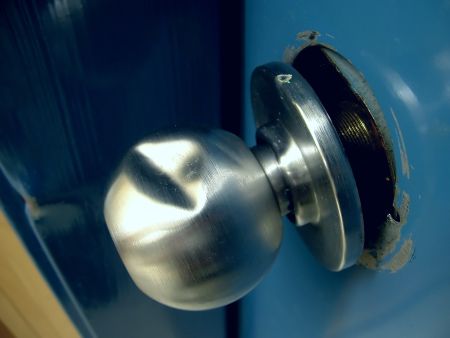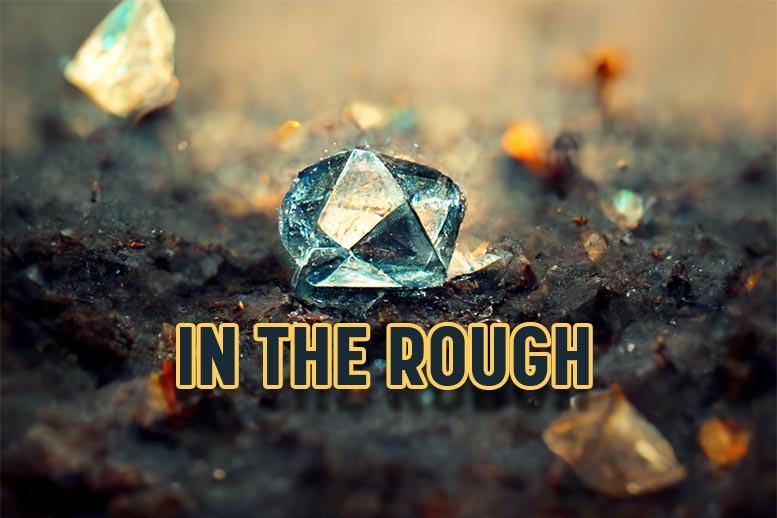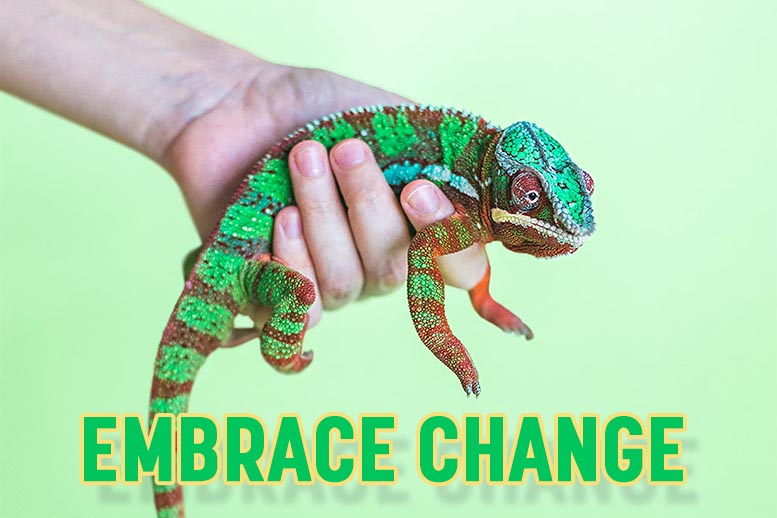But I just borrowed it.
Stealing content is unethical, petty and puts your website’s success at great risk.
The original authors of your ‘borrowed’ content can (and will) defend their rights:
Old Welsh Guy has a great article on how to deal with content purloiners.
So that you don’t have to try and read in his thick welsh accent, I will ‘borrow’ a few excerpts:
After asking politely, yet firmly to have the content thief remove your content from their website, he recommends you take the following steps:
1. Document every detail of the infringement: exact text, whois information, URL locations of original and stolen content, name servers, and date of notification to violator.
2. Take action by filing a DMCA report with Google and the like. This is a request to have the illegally promoted material removed from their databases. Contact the violator again, explaining that you have taken action and that if they don’t remove it, Google will. Not only will Google remove the content in violation, but there is aapparently a good chance that Google could remove the entire site from their records for the illegal use of copyrighted material.
3. Contact their hosting company, and file an action with them as well.
The hosts are “jointly liable for illegally distributing copyrighted material.” Again, contact the violator and inform them of this action, and that the hosting company in an effort to avoid legal action will likely shut their site down. If the violator is hosting more than one site with the host, this could result in the shutting down of all their sites.
Are you possibly ‘borrowing’ content that’s on your site… and you don’t know it?
Visit Copyscape and run a search. They will expose all the content that appears on your site that happens to be on others’ as well.
Is your content no more than canned crap just filling the pages?
As I mentioned in the article about company provided websites – duplicate content is common because they all are generated with the same verbiage. Most web design firms that ‘generate’ their clients’ sites also reuse the same content on every new site.
Understand, this is not a violation of copyright, but rather just a bad situation.
Duplicate content is basically ‘ignored’ by the search engines. So, all that great content that has already been written for you is as good as useless.
As Jason wrote in Part 2 of his SEO Opus, Content is King, and it will be an integral part of your search engine success. No content, no chance to play… unless you pay. So for all of you out there that have pre-written pcontent… consider yourselves spectators in the search engine arena.
Good, unique content doesn’t come cheap, nor easy.
Writing takes time. Good writing takes more than time. No one said this was going to be easy.
There is a lot of great content out there, and you should be inspired by it.
Rewriting someone else’s work is a skill that everyone who has written a term paper has exercised.
Rewriting quality and relevant content makes for a convenient solution, and will be considered ‘good enough’ for the search engines to give you credit. However, if you are inspired by unique, copyrighted material… you are again flirting with disaster.
The best way to avoid having to remove the content inspired by others, is to rewrite it, in your voice and give credit to the original author.
Linking back to the original source and proper credit given to the original author will suffice and be appreciated.





